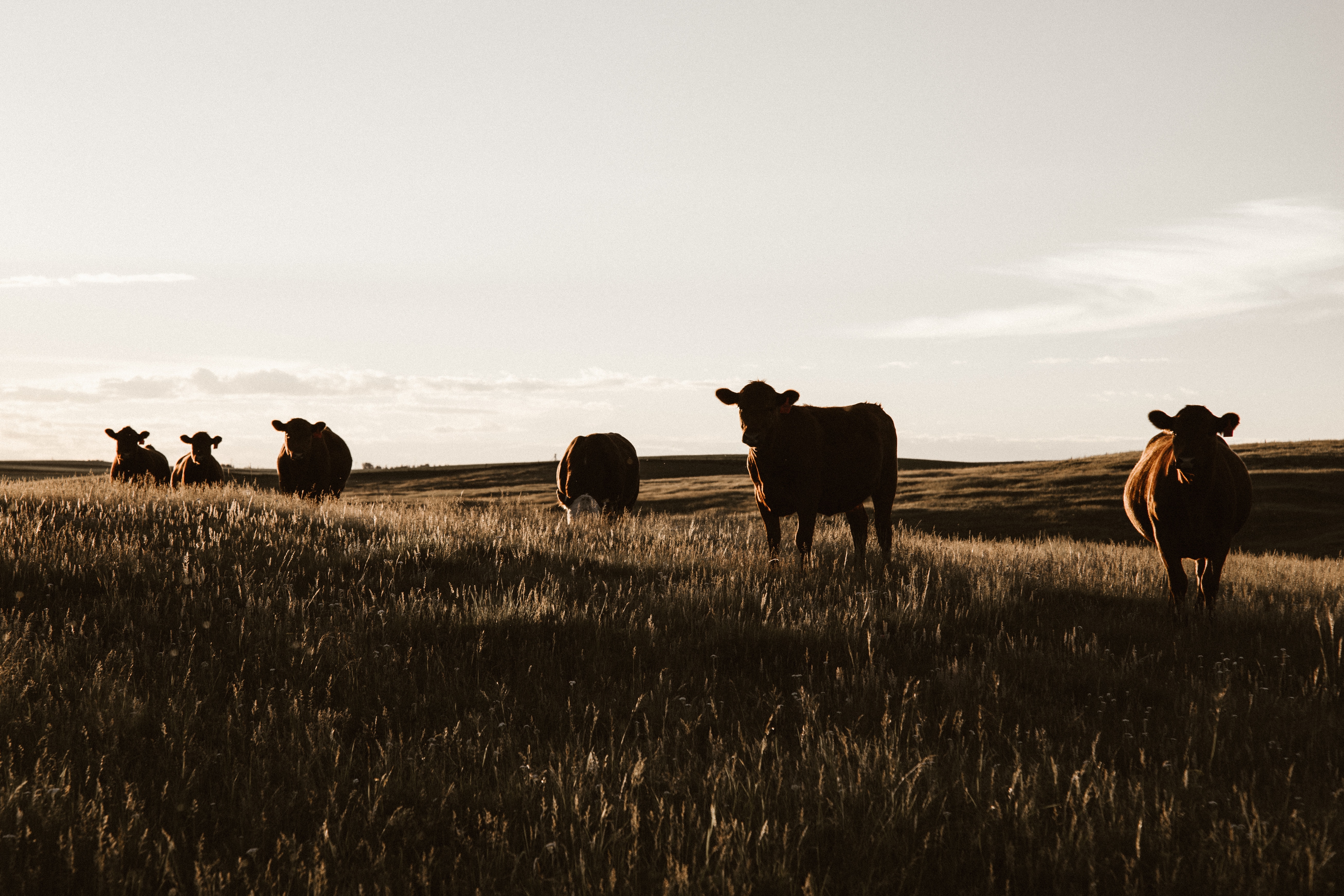
Canada is addressing a big contributor to climate change: cow burps.
The recently introduced REME protocol, which stands for “Reducing Enteric Methane Emissions from Beef Cattle,” encourages farmers to “improve animal diets, management, and other strategies that support more efficient animal growth,” according to a news release from Dec. 10.
The REME protocol was unveiled amid the fanfare of COP28 and the government claims it’s a win-win for the environment and agriculture. The incentive is a credit system known as the Greenhouse Gas (GHG) Offset Credit System where farmers can earn credits if they find ways to reduce the methane gas released by cows during digestion (burps).
The basic premise is that every one tonne of carbon dioxide reduced is equivalent to an offset credit that can then be sold to other businesses or facilities that need to lower their emissions.
“This initiative would ensure our ranchers benefit from the methane emissions reductions they achieve from their herds,” said Minister of Agriculture and Agri-Food Lawrence MacAulay. “That's a win for the environment and for farmers.”
But truly, how big of a win is it?
The REME protocol heavily relies on the GHG Offset Credit System, which is based on market-driven incentives. Critics argue that such mechanisms favour larger corporations, leaving smaller farmers to bear the brunt of implementation.
Minister of Environment and Climate Change Steven Guilbeault also stated that “The newest draft protocol under Canada's Greenhouse Gas Offset Credit System not only addresses agricultural greenhouse gases, but will provide a financial benefit for Canadian farmers.”
I spoke to Doug DeBruin, the Owner of D&B Ranch Farm in Burlington, and asked whether this incentive would appeal to him, he said “It wouldn’t even be worth the paperwork.”
DeBruin runs a small operation in Burlington with around 80 cattle where they raise black Angus grass-fed, grass-finished beef. In response to the REME incentive he said, “This is meant for the multi-million dollar corporations doing large scale operations, everything they’re doing is meant for corporations, not for farm type operations.”
DeBruin brought up the importance of promoting sustainable practices such as year-round root growth or pasture-raised cattle as a means to promote soil health. This is something that DeBruin strongly believes would benefit farmers which begs the question: why not evaluate what those on the front lines need for sustainable practices?
Facts from the news release state that 31 per cent of Canada's total methane emissions come from agriculture which is substantial but it’s only one piece of the larger puzzle. A report from the Environmental Defense Fund in December outlined that the oil and gas industry contributes around 40 per cent of methane emissions.
With a $30 million investment and a minimum standard of a 75% methane emission reduction by 2030, it would seem clear that oil and gas should be the focus for a credit system.
The question then becomes this:
Is the REME protocol robust enough to make a substantial impact, or is it a token gesture to appease environmental concerns without addressing the systemic issues within the industry?
Dr. Christine F. Baes, chair of the Department of Animal Biosciences at the University of Guelph explained that changing the way animals are fed is a common approach to reducing methane but it’s still a complex problem and a credit system might not be the answer.
“They’re kind of looking for something to show that there’s effort there but it’s not quite founded with real data,” Baes said.
“Ultimately unless you can measure individual animals, you’re guesstimating and that’s kind of how all of these large-scale environmental science values like from IPCC (Intergovernmental Panel on Climate Change) have been estimating the amount of methane that’s produced from agriculture,” she continued.
Beef Farmers of Ontario is still waiting for more details to be released to understand exactly what this initiative entails, said spokesperson LeaAnne Wurmli. She added that the Canadian Cattle Association will be participating in the consultation process that closes in February.


